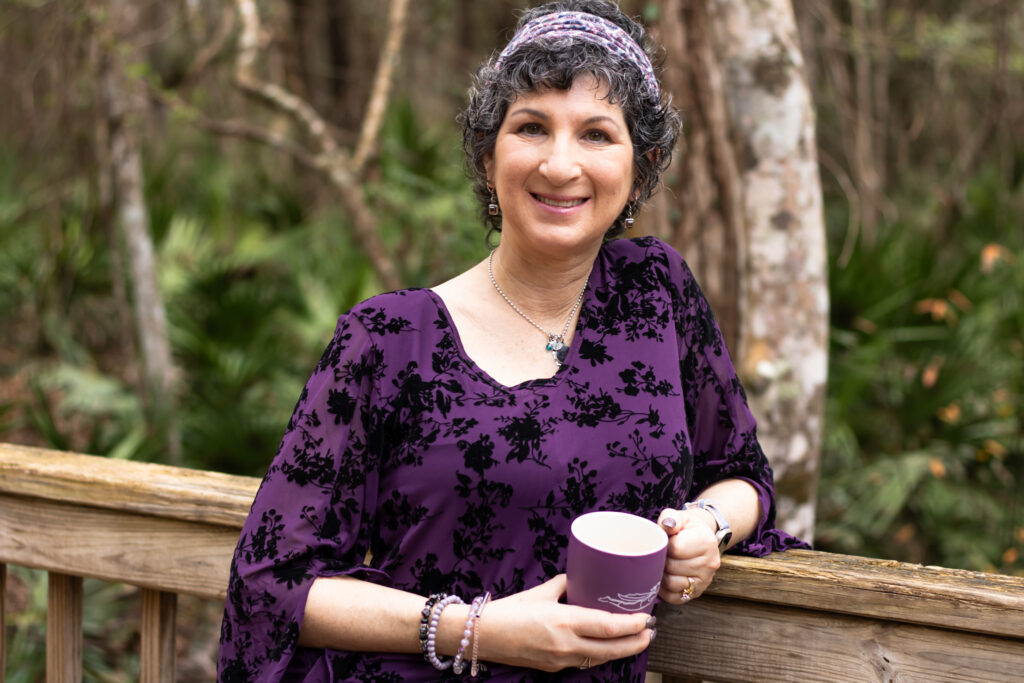When we think of grief, we often associate it with the death of a loved one. However, grief is not limited to the loss of life. Non-death grief, also known as nonfinite or ambiguous loss, refers to the emotional pain and mourning that arise from various life changes and losses that do not involve death. These experiences can be equally profound and challenging. So often we minimize these feelings since they are not a triggered by death. Any significant loss can elicit grief. These feelings of brokenheartedness are valid and normal, despite being seldom discussed. In this blog, we will explore the concept of non-death grief, its causes, and strategies for coping and healing.
What is Non-Death Grief?
Non-death grief encompasses a wide range of losses and significant life changes that trigger feelings of sadness, anger, confusion, and despair. Like traditional grief, non-death grief can be ongoing and ambiguous, making it difficult to process and find closure.
Common Causes of Non-Death Grief:
- Divorce or Relationship Breakup: The end of a significant relationship can bring about intense feelings of heartbreak. The future you envisioned with your partner is suddenly gone, and the emotional bond is severed. Trust is lost, and difficult to rebuild.
- Loss of Health: Facing a chronic illness or sudden health crisis can be overwhelming. The loss of physical abilities and independence can shake your sense of normalcy and cause deep emotional distress.
- Job Loss or Career Change: Losing a job or undergoing a significant career change can shatter one’s sense of identity, purpose, and financial security. Even when it is a positive change, loss of the familiar can trigger grief.
- Relocation: Moving to a new city or country, even for positive reasons, can result in the loss of familiar surroundings, social connections, and a sense of belonging.
- Loss of Dreams or Expectations: When life doesn’t turn out as planned, whether due to infertility, missed opportunities, or unfulfilled goals, it can lead to a profound sense of loss and grief.
- Estrangement from Family: Family conflicts and estrangement can result in the loss of emotional support, connection, and the dream of a harmonious family life.
- Aging and Life Transitions: Significant life transitions, such as retirement or children leaving home, can bring about feelings of loss and a sense of an ending chapter in life.

Coping with Non-Death Grief:
- Acknowledge Your Feelings: Allow yourself to recognize and validate your emotions. Non-death grief is real and deserves attention and care.
- Seek Support: Reach out to friends, family, or support groups who can provide understanding and empathy. Talking about your feelings can help you process and heal.
- Practice Self-Compassion: Be kind to yourself and recognize that it’s okay to grieve non-death losses. Give yourself permission to feel and heal at your own pace.
- Create Rituals and Memorials: Just as we have rituals for mourning death, creating personal rituals or memorials can help honor and acknowledge non-death losses.
- Find Meaning and Purpose: Focus on finding new meaning and purpose in your life. This can involve setting new goals, exploring new interests, or volunteering.
- Engage in Self-Care: Prioritize activities that nurture your physical, emotional, and mental well-being. This can include exercise, meditation, hobbies, and spending time in nature.
- Consider Professional Help: A therapist or counselor can provide valuable support and guidance in navigating non-death grief. They can help you develop coping strategies and work through complex emotions. Very often we learn to deal with grief by denying it, being strong, or other unhelpful coping strategies. Seeking help from a grief professional can help you to recognize these patterns and utilize healthy coping skills.
Conclusion:
Non-death grief is a significant and often overlooked aspect of the human experience. By acknowledging and validating these losses, you can begin to navigate the complex emotions they bring and find a path toward healing and resilience. Remember, grief is a natural response to loss, and seeking support and practicing self-compassion are essential steps in the journey toward recovery. You are not alone, and there is hope and healing ahead.

Sara Kouten, LCSW is a psychotherapist providing support for those affected by a diagnosis of cancer or other life altering illness. Sara offers telehealth therapy to clients in Florida and New Jersey. Sara offers “walk and talk” therapy for established clients locally in St. Johns County, Florida.


Comments are closed